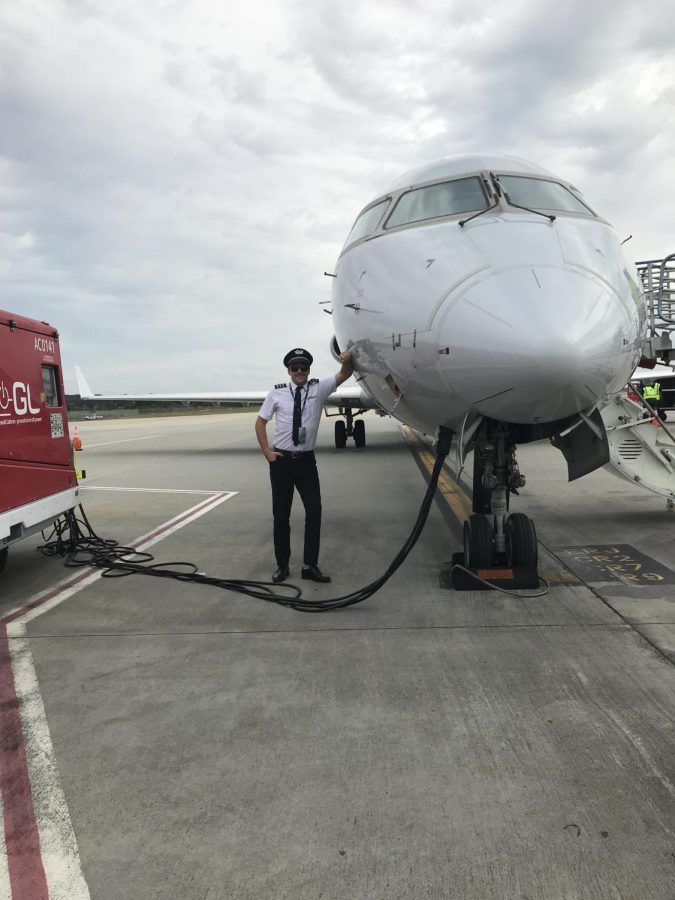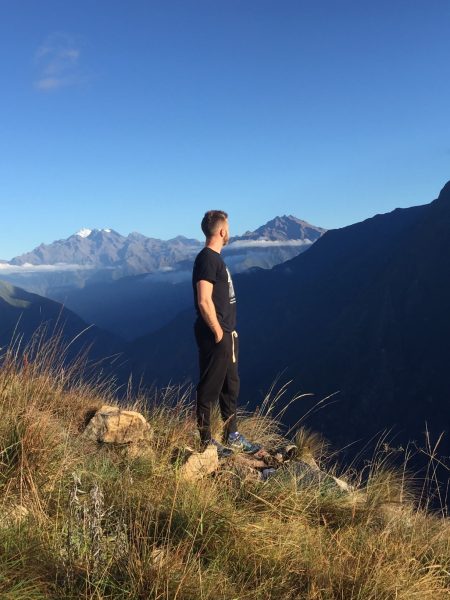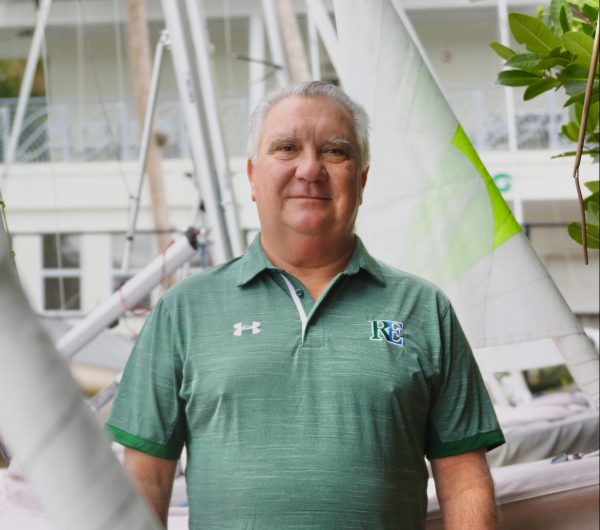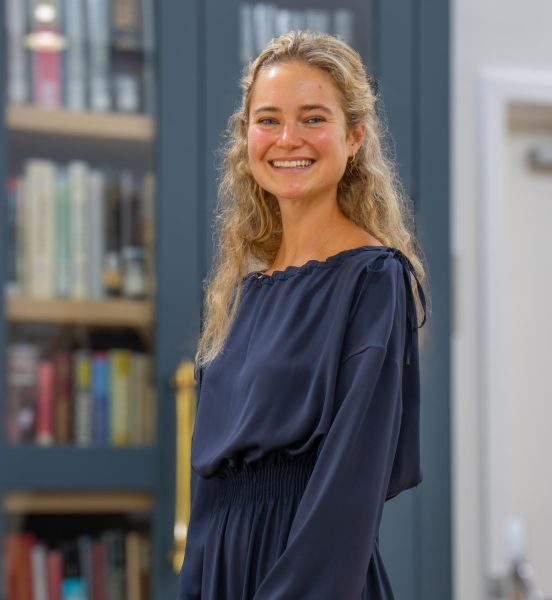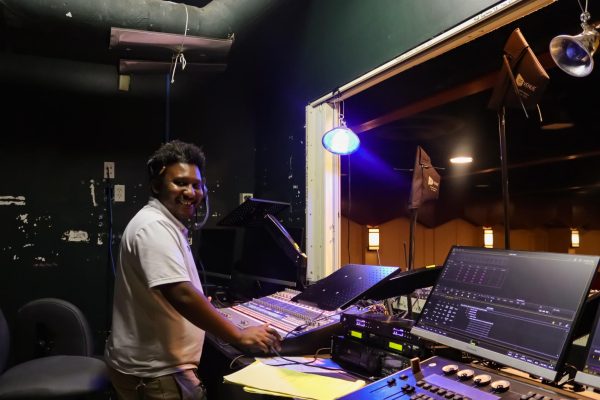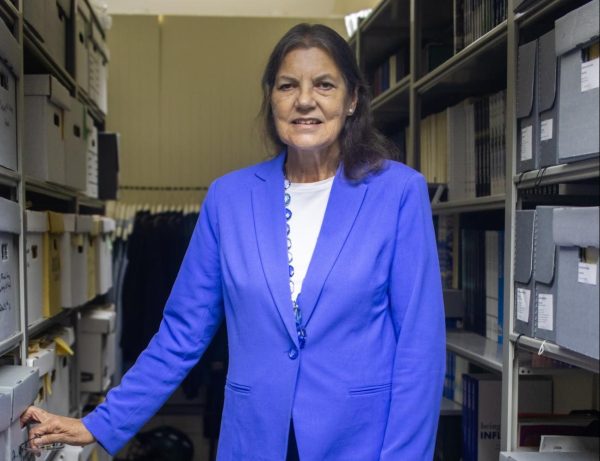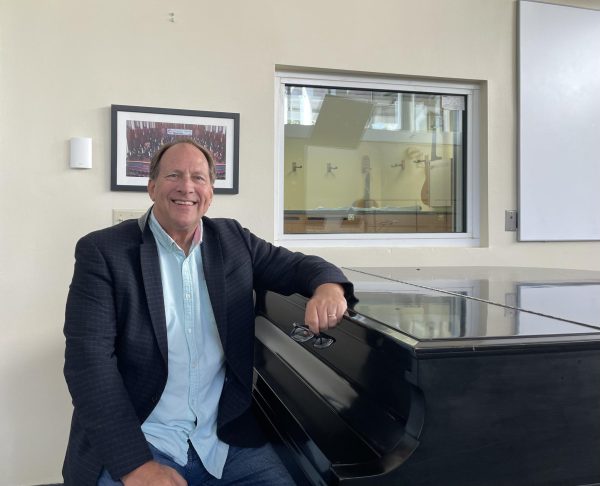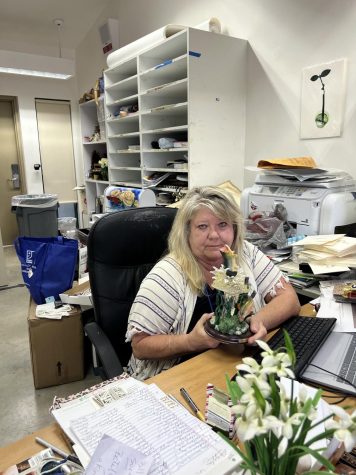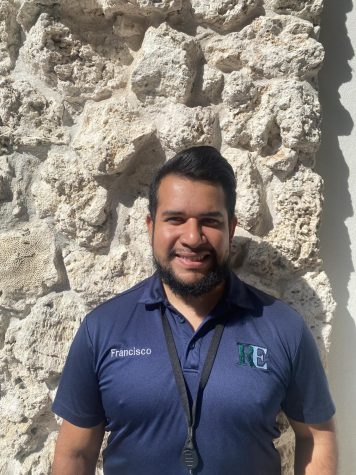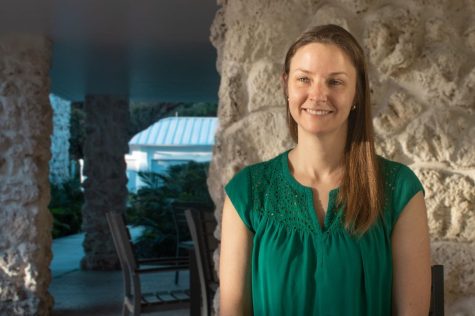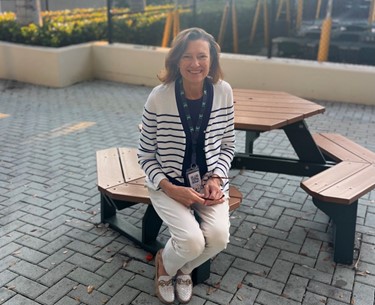Humans of Ransom Everglades: pilot Nathaniel Johansson ’14 on surviving a plane crash in the Pacific
Johansson’s passion for flying emerged from his passion for sailing at RE.
Nathaniel Johansson is a former Ransom Everglades student who graduated in the class of 2014. After being recognized for his many achievements at Ransom Everglades, he continued his studies at Dartmouth. Nathaniel has been passionate about sailing and aviation since a very young age. He was a ranked sailor as well as among the few who passed their pilot exam at the youngest age possible, 17. Throughout the years, Nathaniel has turned his passion into a career and thriving business. He does not take no for an answer and aggressively pursues his dreams at every cost. His passion and skill recently came to the surface when he calmly and successfully crash–landed a single engine turboprop in the middle of the Pacific Ocean. He and his copilot were able to not only survive the accident but walk away without any injuries.
I recently spoke with Nathaniel over the phone. During our conversation, which has been edited for clarity and length, we spoke about his passion for aviation and his path to achieving his goals. He told me about the invaluable lessons he has learned throughout the years and how he has applied them to many aspects of his life.
How did you first become interested in flying?
I first became interested in flying when I was very young. I was always intrigued by the science and technology that went into flight. Airplanes have historically proved to be an incredible and decisive tool in major world conflicts, global commerce, and exploration. The air industry employs and connects millions of people around the globe, and the uniformity of air traffic and the operations network has always been fascinating.
How did you turn your passion into a profession?
I passed my private pilot exam on the first day legally possible: on my 17th birthday. That was just the tip of the iceberg. I was so intrigued with the interdisciplinary skill set required for each flight—the science of weather and the environment, the technology and engineering behind the aircraft and its systems, the physics of lift, weight, thrust and drag, and the mathematical calculations of fuel, navigation, and the universal language of air traffic communication. The private pilot certificate was just the start. I knew I had to advance. Over the following years, I took my instrument, commercial, multi engine and flight instructor ratings. Not only did I love flying, but as a flight instructor, there was no more rewarding feeling than seeing your own student solo fly for the first time and build their own interdisciplinary and problem-solving toolset. No two planes and no two flights are alike. As an instructor I could only teach my students how to analyze aeronautical decision-making factors, and to help them create their own procedure for assessing and conducting safe flights. Thousands of flight hours later I trained for and received my final and top certificate as an ATP, or Airline Transport Pilot certificate.
What is the best lesson you learned at RE, and how have you applied it to your life?
Paul Ransom instilled an aura of going beyond academics and exploring the outdoors, the ocean and community. Life is a balance, and you must find your release or passion in life. My release is on the ocean or in the air. Balancing my academics with my time travelling on the Ransom sailing team and gaining my flight hours allowed me to boost the tools to both be effective with my time and truly enjoy life. The mentorship and camaraderie that grew from the Ransom Everglades Flyers Club has built friendships with fellow classmates, alumni, and staff, which will last forever.
How did your college experience shape your career path?
I opened a small flight school in college and would teach in between classes and in most of my free time. In addition to flight instruction, I offered an aircraft ferry delivery service. This service consisted of delivering airplanes across the country and around the world for new owners or repositioning planes for maintenance. I loved the challenge of constantly flying a different aircraft to new places, while meeting countless aviation enthusiasts along the way. As an economics major specializing in finance at Dartmouth, I thought my path was set for investment banking; however, in the last few weeks of senior year, I decided my true passion was in aviation. After a few pivotal trans-oceanic international delivery flights, I decided to stick with my passion in aviation and apply to fly for the airlines. A few months later, after high-paced airline training, I was in the cockpit of a jetliner flying thousands of passengers to their destinations at a major US airline.
What is the most memorable flying experience you’ve had?
On one trans-oceanic flight from California to Australia, I was flying a single engine turboprop aircraft fitted with specialized, approved long range tanks, which would extend the range required for the 40-hour journey. Approximately halfway from California to our first fuel stop in Hilo, Hawaii, the engine failed and was unable to be restarted, resulting in a Pacific Ocean ditching 1,100 miles from any landmass. Thankfully, I knew the ocean from my many years sailing both for Ransom on the sailing team and for Dartmouth. The ditching was successful with no injuries to me or copilot. We spent the following 22 hours at sea in our life raft before being rescued by a passing cargo ship en route to Honolulu. The successful outcome of this event was a culmination of many years of experience in, and a deep passion for, both the air and sea.
If you could give one piece of advice to your younger self what would it be?
No task is unattainable if you wholeheartedly believe in yourself and never take shortcuts in the effort required to do so. Seek and explore mentors with experience and wisdom in your areas of interest.


